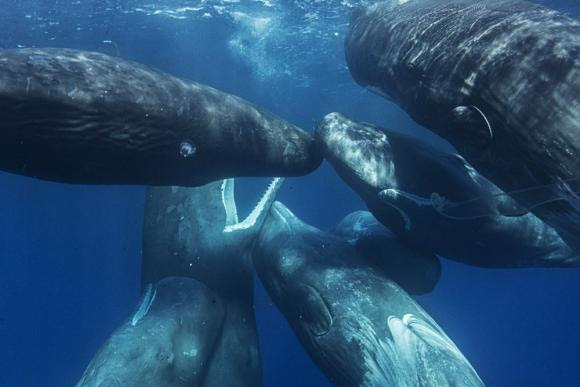 |
In this week’s SojoMail, Diana Keough writes that she lost faith when lies and AIDS brought her parents’ facade of superiority crashing down – but grace found them all:
|
ADVERTISEMENT |
 |
Our Latest How Faith Leaders Are Urging Congress to Remember Wadee Alfayoumi (by Anna Piela) Some people may doubt that resolutions or recognitions make any material change, but I believe that any attitudinal and cultural change begins with words. Like Moses, Furiosa Is a Liberator Raised in the Heart of Empire (by JR. Forasteros) The prequel to Mad Max: Fury Road asks how those who hold status within oppressive societies can go on to lead an Exodus. Alessandra Harris imagines a world — and church — where Black people and all people are truly free. Near the Border, Faith Groups Grapple With ‘Palpable Paranoia’ Over Immigration (by Ken Chitwood) Arizona’s religious groups are working to fill gaps in government care for migrants. But some fear the election will bring more aggressive enforcement policies. |
ADVERTISEMENT |
 |
From the Magazine When Heaven Isn’t Comfort (by Cassidy Klein) In Devout: A Memoir of Doubt, Anna Gazmarian explains how poetry helped her find a real sense of belonging. |
ADVERTISEMENTS |
American Prophet – Flash Sale $1.99 What would God say through a prophet today? In this new speculative fiction, Peter’s prophecies shine a light on national issues and pit him against a dangerous President. Forced to go on the run, Peter takes to the open road, driving deep into the heart of a divided America. Participate in anti-racist action in the Deep South Join Faith and Money Network on a Trip of Perspective to Tennessee, Alabama, and Mississippi. On the Deep South Investors Tour, we will deepen our understanding of racial inequity and learn how we can participate in solutions that build wealth for Black Americans. Create hope with a gift to Sojourners If you’ve been considering donating to Sojourners but waiting for the right moment, that moment is now. We’re preparing to protect the vote – and American democracy itself – this November, and need your help. Your gift will be matched up to $50,000 if you give before June 1. Don’t forget, give today. |
|
| Unsubscribe or update email preferences Copyright © 2024 Sojourners, All rights reserved. Sojourners | 408 C St. NE | Washington, DC 20002 Email: sojourners@sojo.net | Tel.: 202.328.8842 |











 Stephanie Clary
Stephanie Clary



